China's top court is planning to interpret the foreign-related provisions of the Civil Procedure Law to improve the quality of case handling, as the country increases its efforts to build a market-oriented, legalized and international business environment, a senior official said.
The move comes at a time when China is seeking to reassure foreign businesses that their legal rights are protected and easily facilitated under Chinese law.
"The judicial interpretation will be issued as quickly as possible, with specific rules on parallel litigation and the service of judicial documents," Wang Shumei, a standing member of the Adjudication Committee of the Supreme People's Court, said in an interview with China Daily.
Wang, who is also a justice of the top court, said the Supreme People's Court will participate in amending laws involving foreign-related affairs, including the Maritime Law and the Arbitration Law, and strengthen relevant talent cultivation, in order to contribute more to improving the country's legal system in this area.
By offering equal protection and efficient legal services to domestic as well as foreign litigants, China has "seen significant progress on the path of foreign-related legal construction", becoming one of the preferred venues for resolving international commercial and maritime disputes, she said.
Data shows that more than 29,000 maritime cases were heard by Chinese courts in 2023, compared with only 18 in 1984. In the past 40 years, litigants of more than 80,000 cases involving over 100 countries and regions chose maritime courts of China.
Wang said the types of maritime cases have also increased, from 18 in 1984 to 108, encompassing issues such as port operation, ship repair, shipping logistics and maritime finance and insurance.
"China tackles the largest number of and most diverse maritime disputes in the world," she said. "This shows the rapid development of our opening-up in the maritime field, as well as the continuous improvement in our maritime adjudication."
Data shows that the number of maritime courts in China rose from six in 1984 to 11 in 2019, covering every harbor and waterway in the country, including the Yangtze River and the Pearl River.
Wang emphasized that effectively and efficiently resolving maritime cases is crucial for safeguarding the nation's sovereignty, security and development interests. "It's also conducive to enhancing our judicial credibility worldwide, attracting more foreign litigants to turn to us to settle their disputes," she said.
In April 2019, the Qingdao Maritime Court in Shandong province facilitated a settlement among parties and stakeholders from six countries in a case involving a 300,000-metric-ton oil tanker, allowing the continuation of the ship sale contract. The Greek shipowner renamed the oil tanker Respect to honor the rule of law in China.
Wang said the top court has encouraged Chinese judges to attend global forums and voice their ideas on the formulation of international rules, in order to assist the international community in building a fair and reasonable maritime trade order.
Chinese courts have seen a rapid growth in foreign-related commercial disputes over the past decade. Data shows that the number of cases rose from 14,800 in 2013 to 44,900 last year, covering litigants from more than 100 countries and regions, including India, France and Germany.
Wang said that new types of disputes have emerged, such as those related to cross-border commerce and China-Europe freight trains, adding that many litigants are from nations and regions participating in the Belt and Road Initiative.
To build a sound business environment around the rule of law, she said the top court has streamlined procedures for processing foreign-related commercial cases, giving foreign litigants easier access to legal services.
In 2018, the top court set up two dedicated international commercial courts in Shenzhen, Guangdong province, and Xi'an, Shaanxi province.
"We've invited commercial legal experts from home and abroad to act as our 'think tank' in hearing international commercial disputes, especially in providing us with support during mediation and in ascertaining when foreign laws should be applied," Wang said.
To date, the top court has attracted 63 legal experts from 26 countries and regions, she added.
"We'll continue our endeavor to improve the quality of resolving foreign-related commercial and maritime cases, making every effort to promote high-quality development," she said.
The top court has also advanced the high-level opening-up and optimization of the business environment by holding international activities to increase exchanges between judicial professionals, Wang said.











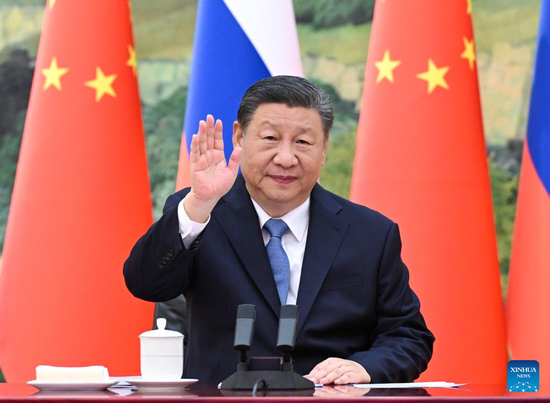



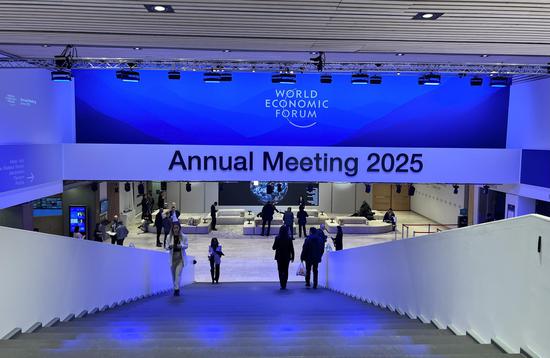









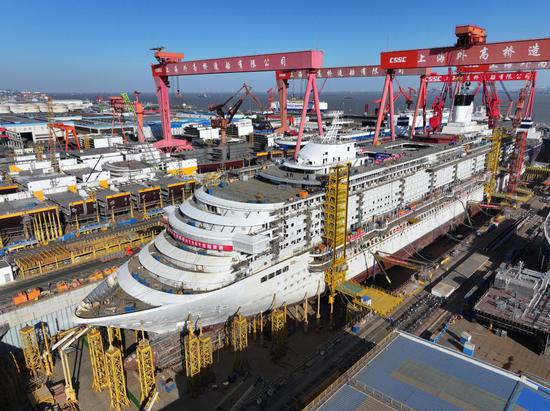



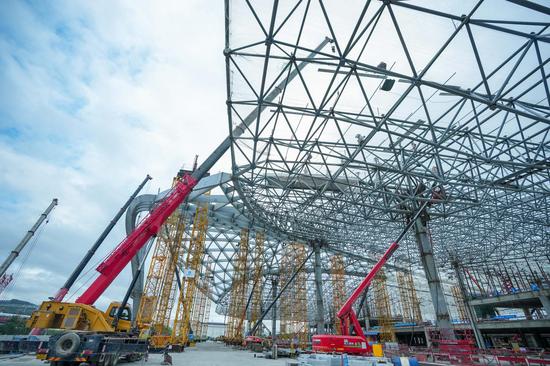

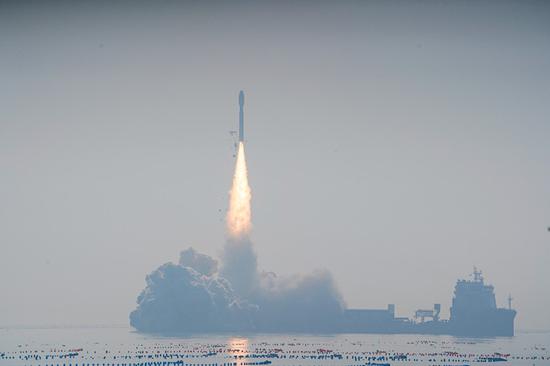




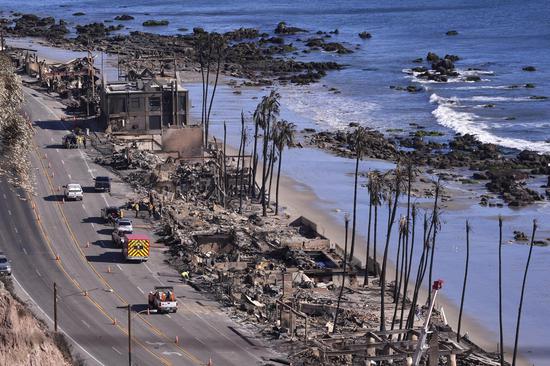







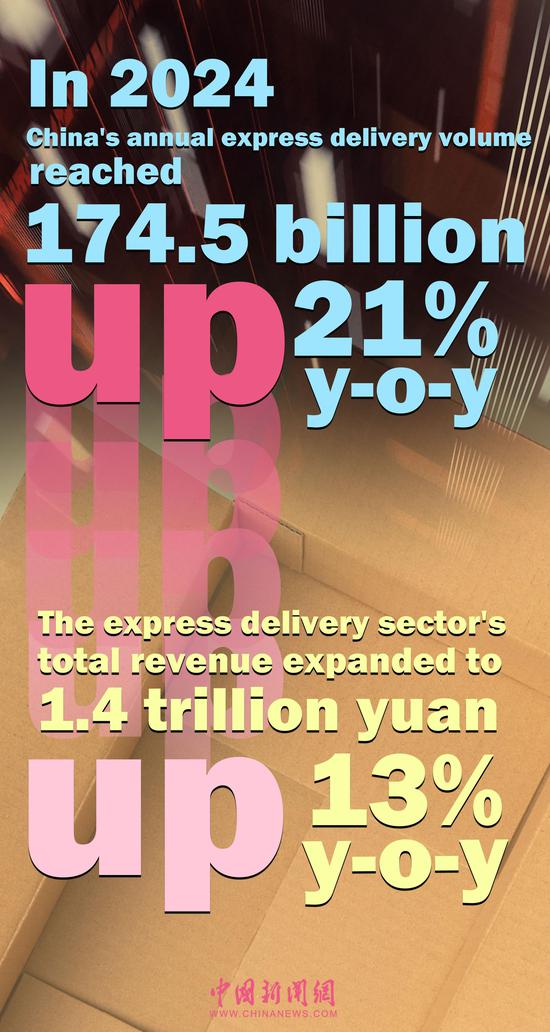





 京公网安备 11010202009201号
京公网安备 11010202009201号